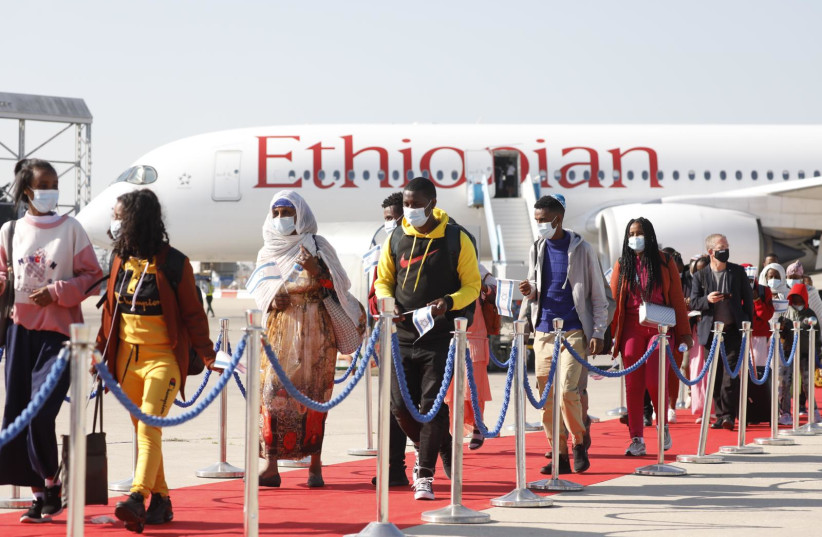According to coalition agreement details obtained by The Jerusalem Post, incoming Aliyah and Absorption Minister Ofir Sofer will have a budget of up to NIS 350 million per year that “will be allocated for the purpose of programs to encourage the aliyah of young Jews from the US and France.”
This adds up to NIS 1.4 billion during the assumed four-year term of prime minister-designate Benjamin Netanyahu’s government.
 Learn how to buy your home in Israel with confidence
Learn how to buy your home in Israel with confidenceSofer insisted on this budget since his party, the Religious Zionist Party (RZP), is focused on promoting more aliyah from Western countries. A majority of the olim coming from these countries are Jewish and trained in professions that are useful for the Israeli economy. The RZP sees olim from these communities in Israel as natural constituents for their party: A large percentage of olim from France and the US are orthodox and politically conservative.
Differences between olim from different countries
According to the agreement, the government will also try to equalize the conditions of the olim of Bnei Menashe in India with those of olim from Ethiopia and other third-world countries.
Descendants of Bnei Menashe tribes are required to convert after they arrive in Israel, as are Ethiopian olim, but are not entitled to budgets and conditions like they are.

Ethiopian olim also receive financial support and extra funding for a variety of activities. Bnei Menashe immigrants, most of whom have a difficult time integrating into Israeli society, currently have a high unemployment rate.
The government is also expected to “promote the vision of Ethiopian Jews in Israel,” and will seek to “empower rabbis and leaders who grew up in religious Zionist circles within the Beta Israel community throughout the country and will assist in the continued absorptions of [Ethiopian] immigrants in Israel.” The agreement doesn’t specify the funds that will be invested.
The agreement also states that the government will “adjust the budget of the various relevant programs in the ‘flexible budget’ to the scope of the immigrants in 2022.”
This flexible budget is about NIS 500 million. Since the rates of aliyah have more than doubled in 2022, the new minister wishes to alter the budget in order to be able to offer these new olim the services they’re entitled to, but also have their needs fit into the regular budget that will need to be expanded because of the large wave of aliyah.
In addition, in the years 2023-2026, an amount of no less than NIS 350 million per year will be allocated, for the purpose of promoting programs to encourage young immigrants from the US and France.
The RZP has also demanded to have the government promote a religious Zionist candidate to be chief rabbi. They will also promote a new Kashrut Law, that will be different and more strict than the one of the outgoing government.
 Sign up for our newsletter to learn more
Sign up for our newsletter to learn more 